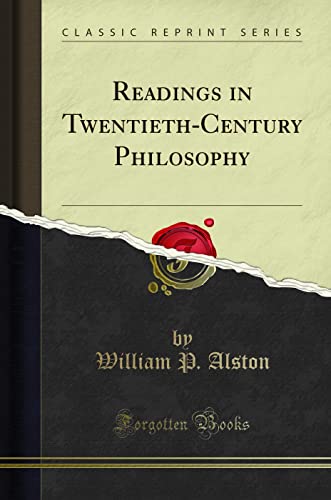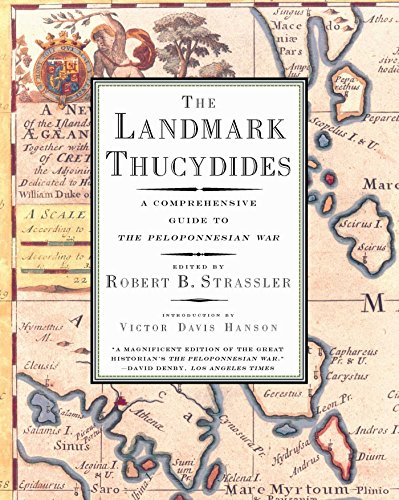About The Book
Excerpt from Readings in Twentieth-Century PhilosophyThe twentieth century, like most periods seen close-up, contains a bewildering philosophical...
Read more
diversity. In a recent anthology it is termed "the age of analysis," but this title reveals an Anglo-Saxon bias, for it is only in English-speaking countries that the various forms of analytical philosophy are dominant. The continents of Europe and Latin America are partitioned by the many varieties of phenomenology and existentialism, plus neo-Thomism. If we include pragmatism (which might conceivably be regarded as a form of analytical philosophy) we have a list of the major philosophical movements of this century. It would be difficult, if not impossible, to find a significant common denominator. The current Anglo-American tendency to take the clarification of basic concepts to be the sole legitimate province of the philosopher evokes but a faint echo from the European continent, where this is widely regarded as trivial hairsplitting. And the continental preoccupation with anxiety, death, man's encounters with nonbeing, and so forth, is likely to be stigmatized by English-speaking readers as morbid, unintelligible, and in any case not "real philosophy." England and the Continent are incommunicado philosophically as seldom before in history. We have not attempted to obscure the stark outlines of this opposition, or to maintain that under it lies a basic community of spirit. If any such community exists, it is not visible at this stage. We have simply tried to give generous and representative selections from both sides of this conceptual curtain, so as to enable the reader to form an adequate picture of the situation.Not all significant and influential philosophers of the twentieth century fall into movements or schools. We have included two who defy such classification - Henri Bergson and Alfred North Whitehead. Both demand consideration for the breadth and power of their thought, and for their wide infl…
Hide more




